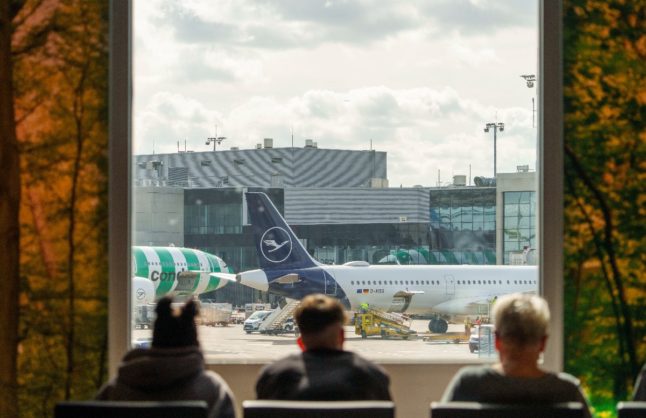What’s happening?
Students in Germany can look forward to a bit of extra cash in the near future: a €200 energy relief payout was agreed upon in Germany’s Bundestag on Wednesday.
Details of the one-off payment for students were originally set out in the government’s third energy relief package, which included a range of measures to help the population with the rising cost of living.
Students are the third group to receive a lump sum for their energy bills. In September, employees in Germany received €300 on top of their usual wages, while pensioners are also set to get a €300 payout by December 15th.
Who’s eligible for the payment – and when can they get it?
Around 3.4 million students enrolled in programmes at a university or technical college will be eligible for the payout, provided they have their main residence in Germany. Technical colleges, or Fachhochschulen, are specialised universities where teachers, engineers and business administrators are trained.
Regardless of whether students are undertaking an academic or vocational programme, the main criterion for eligibility will be that they are enrolled at a higher education institute by December 1st this year.
According to the Ministry of Education, students will receive the money in early 2023, although an exact date hasn’t been named.
READ ALSO: When will people in Germany get their December gas bill payout?
How do students and trainees get it?
Unlike the energy relief payments for employees and pensioners this year, students won’t receive their €200 payment automatically.
Instead, the Education Ministry is working to create a digital platform where students can apply for the money. It is still a bit up in the air when students will be able to submit their claims or when the deadline will be.
Germany is set to spend €680 million for around 2.95 million students and 450,000 pupils. The flat-rate energy allowance is not to be taxed or counted toward any social benefits.
Why are students receiving financial support?
With inflation soaring to record levels in recent months, many students – who often rely on minimum-wage jobs and so-called Bafög grants – have been struggling to make ends meet.
On Wednesday, data released by the Federal Office of Statistics revealed that 38 percent of students in Germany were at risk of falling below the poverty line last year.
People who earn less than 60 percent of the median income in Germany are considered to be at risk of poverty, according to the EU.
Since low-income households are disproportionately affected by the rising cost of living, the government has pledged to step in with additional financial support.
READ ALSO: EXPLAINED: 10 ways to save money on your groceries in Germany
What are people saying?
Speaking to Handelsblatt earlier in November, the German Student Union hit out at the government for dragging its feet on the payout since deciding on the measure in September.
Many students need the money now because of exploding prices, secretary general Matthias Anbuhl explained. He said the Bundestag must now pass the one-off payment quickly and the money must be paid out as soon as possible.



 Please whitelist us to continue reading.
Please whitelist us to continue reading.
Member comments